UK lags in broadband quality
Ahead of a report which is expected to say the government will not fund a fibre rollout, the UK has ranked poorly in a global broadband quality survey.


The UK does not have good enough broadband to consistently deliver high quality web access, falling behind not only the usual leaders, but coming in the bottom half of a ranking in a study by Cisco.
The survey conducted on behalf of Cisco by the universities of Oxford and Oviedo showed Japan still leads the global chart, followed by Sweden and the Netherlands. The networking firm looked at 42 countries, over half of which had consistently fast broadband capable of handing web apps. The UK was placed right in the middle of the quality rankings, below the leaders but also trailing France, the US and Bulgaria.
Upgrading the UK's apparently ailing broadband networks has been a hot issue of late, with reports the cost of a total fibre upgrade could near 30 billion. A government report released later today is expected to say operators must bear the burden of that price tag.
For the Cisco report, each country was given a Broadband Quality Score (BQS) based on download and upload throughput, as well as latency. The UK earned a BQS of 32 compared to Japan's 98 and Sweden's 55.
While earning praise for high usage and penetration levels, the UK had low speeds. It earned an average download speed of 4,042Kbps, upload speed of 412Kpbs and latency of 85ms. Japan averaged 16,720Kbps for downloads, 6,827 for uploads and 85ms for latency.
The UK was also criticised for not using enough different types of technology and a lack of market competition. Some 78 per cent of UK web surfers are using DSL, and 28 per cent are using cable. And BT dominates the market with 78 per cent share, followed by Virgin at 21 per cent.
The leading countries are ahead for good reasons, Cisco claimed. Japan which topped the chart by quite a margin views broadband as a source of competitive advantage, while the Northern European nations are willing to invest in upgrades, allow competition, and are supported by strong government vision, Cisco said.
Get the ITPro daily newsletter
Sign up today and you will receive a free copy of our Future Focus 2025 report - the leading guidance on AI, cybersecurity and other IT challenges as per 700+ senior executives
Solid broadband connections are increasingly necessary as web applications become more data intensive, which will only increase in the next few years, as current bandwidth hogs like YouTube give way to HD streaming video, Cisco noted.
"Average download speeds are adequate for web browsing, email and basic video downloading and streaming, but we are seeing more interactive applications, more user-generated content being uploaded and shared, and an increasing amount of high-quality video services becoming available," explained Alastair Nicholson from Sad Business School at the University of Oxford.
Nicholson added: "Moreover, because the study also found significant correlation between a nation's broadband quality and its advancement as a knowledge economy, policy makers may need to consider how to create an environment to improve key broadband performance parameters in the future."
Freelance journalist Nicole Kobie first started writing for ITPro in 2007, with bylines in New Scientist, Wired, PC Pro and many more.
Nicole the author of a book about the history of technology, The Long History of the Future.
-
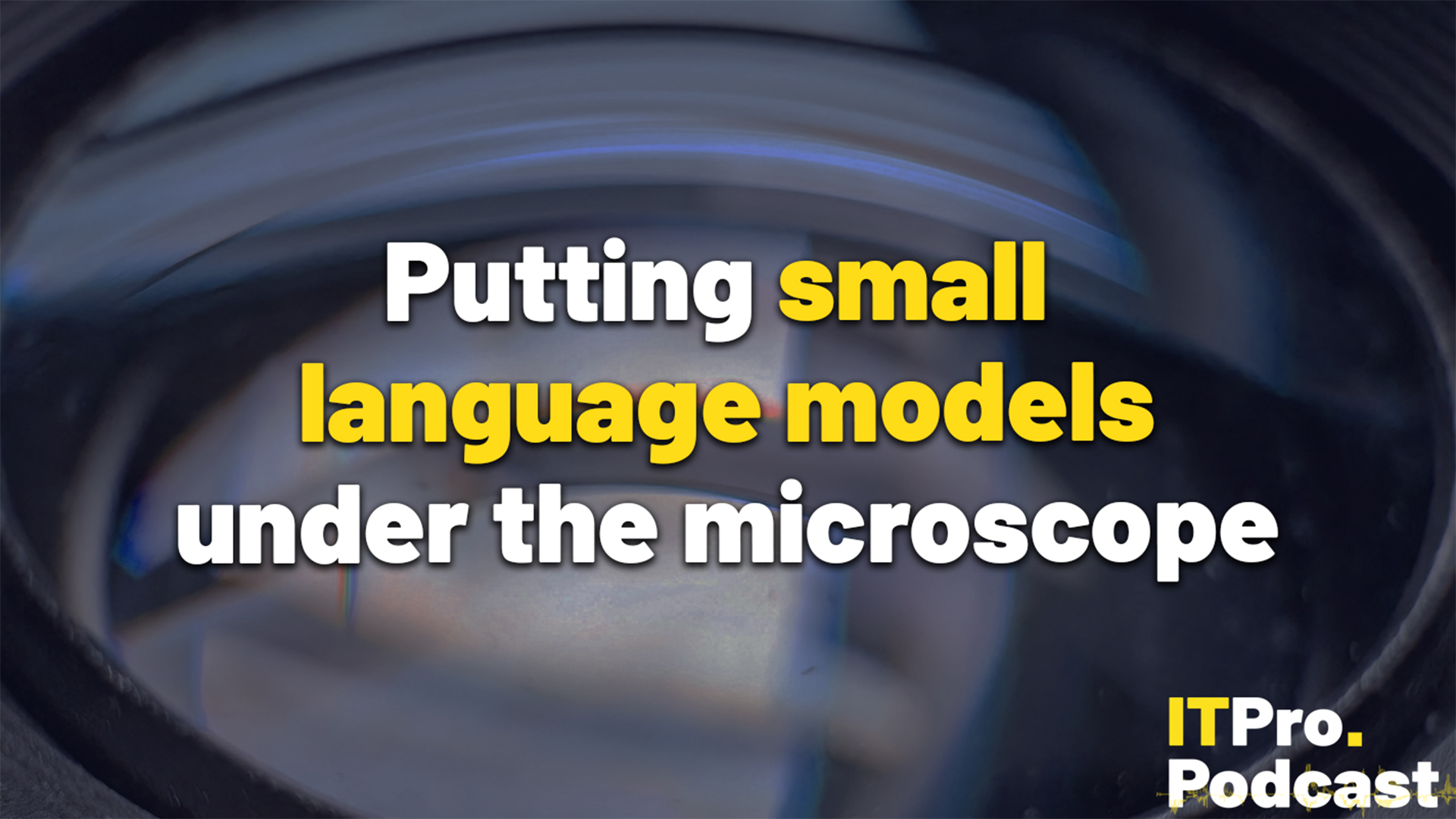 Putting small language models under the microscope
Putting small language models under the microscopeITPro Podcast The benefits of small language models are undeniable – but they're no silver bullet
By Rory Bathgate
-
 CyberOne appoints Microsoft’s Tracey Pretorius to its advisory board
CyberOne appoints Microsoft’s Tracey Pretorius to its advisory boardNews The threat intelligence leader will provide strategic guidance to CyberOne’s executive team
By Daniel Todd
-
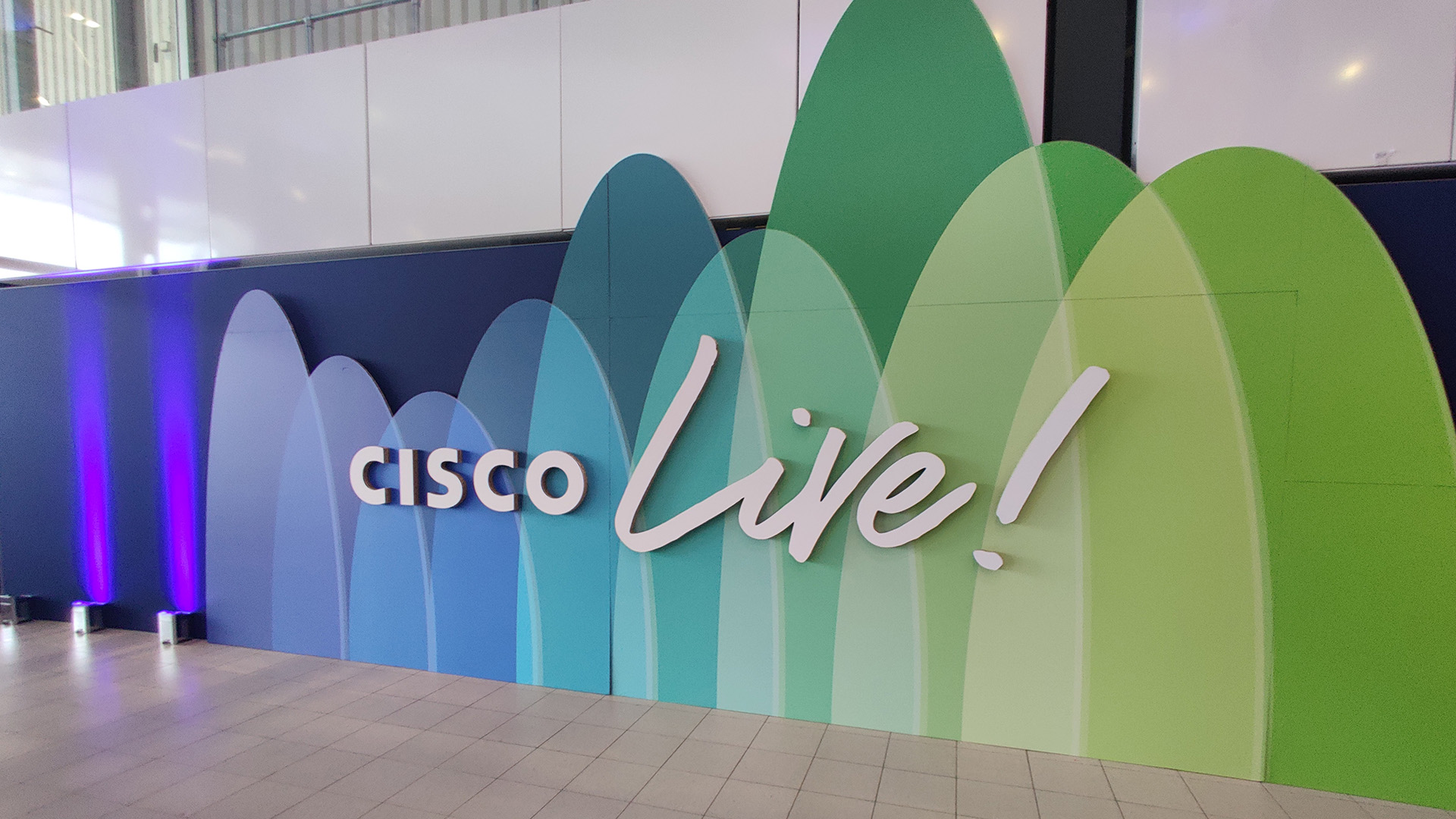 Cisco polishes its platform but the network is still king
Cisco polishes its platform but the network is still kingAnalysis Cisco still believes its integrated platform will drive new value for customers, but its historic strength in networking is where it will have the edge in the AI era
By Solomon Klappholz
-
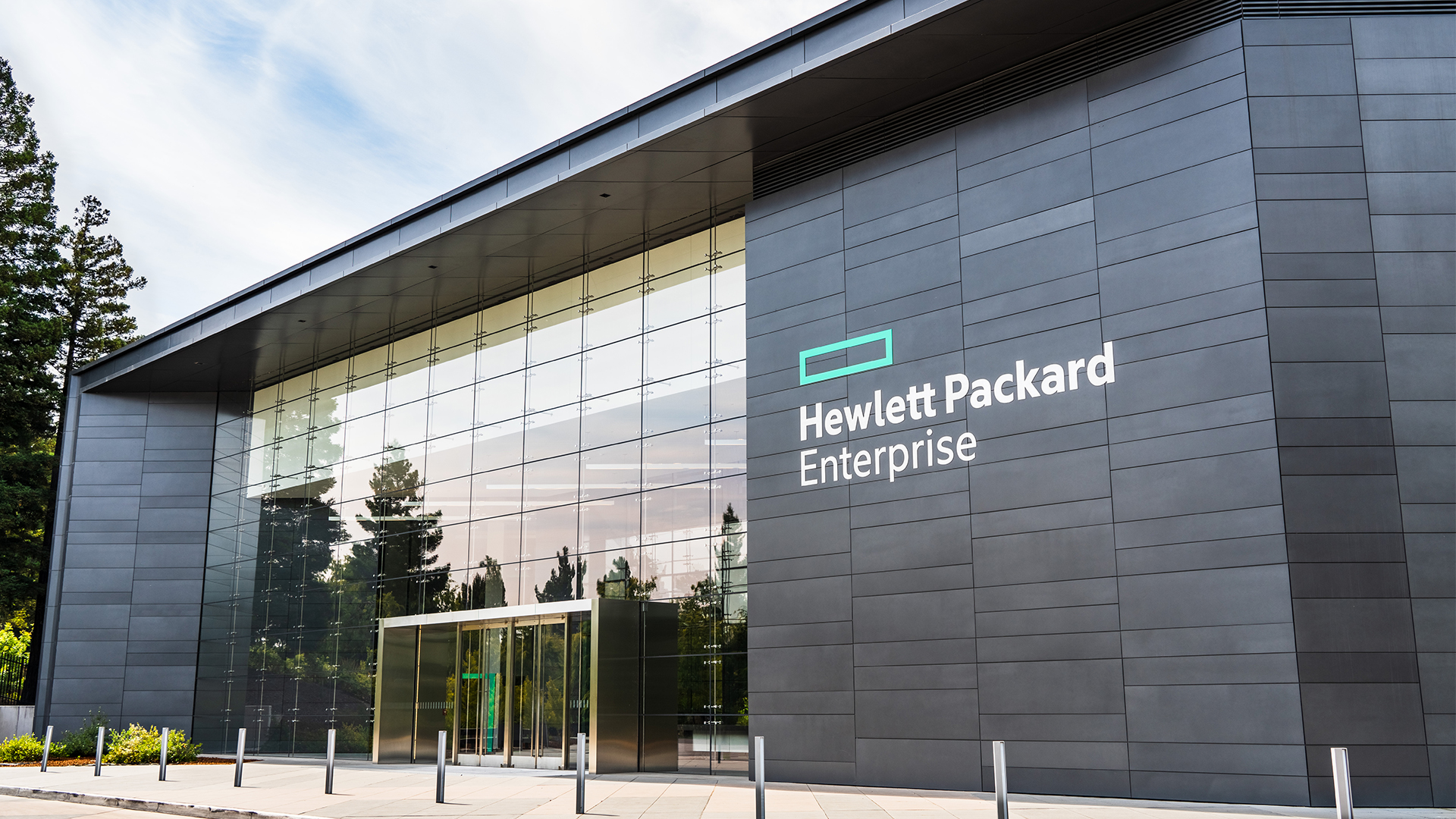 ‘Divorced from reality’: HPE slams DOJ over bid to block Juniper deal, claims move will benefit Cisco
‘Divorced from reality’: HPE slams DOJ over bid to block Juniper deal, claims move will benefit CiscoNews HPE has criticized the US Department of Justice's attempt to block its acquisition of Juniper Networks, claiming it will benefit competitors such as Cisco.
By Nicole Kobie
-
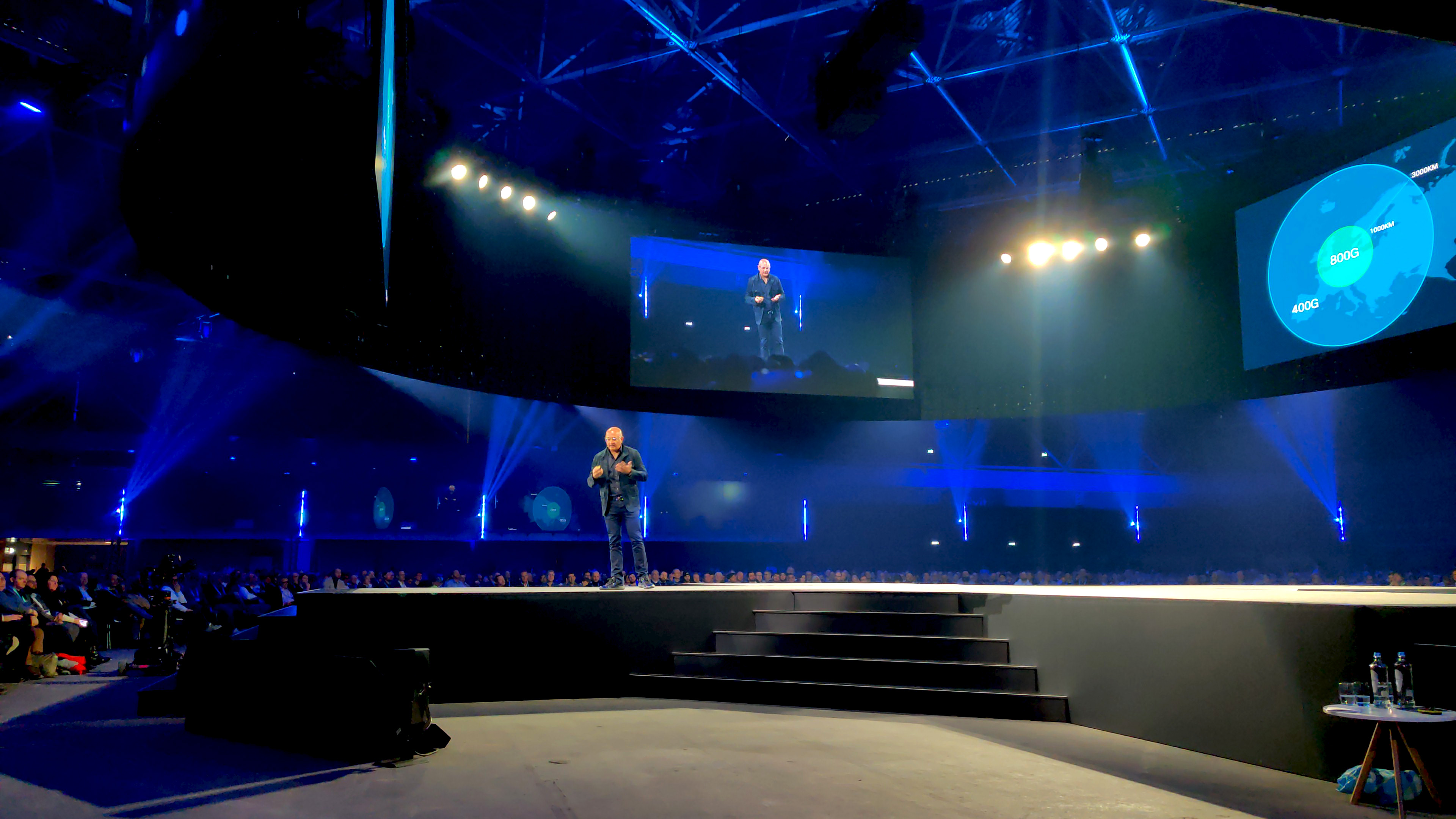 Cisco wants to capitalize on the ‘DeepSeek effect’
Cisco wants to capitalize on the ‘DeepSeek effect’News DeepSeek has had a seismic impact, and Cisco thinks it has strengths to help businesses transition to AI-native infrastructure
By Solomon Klappholz
-
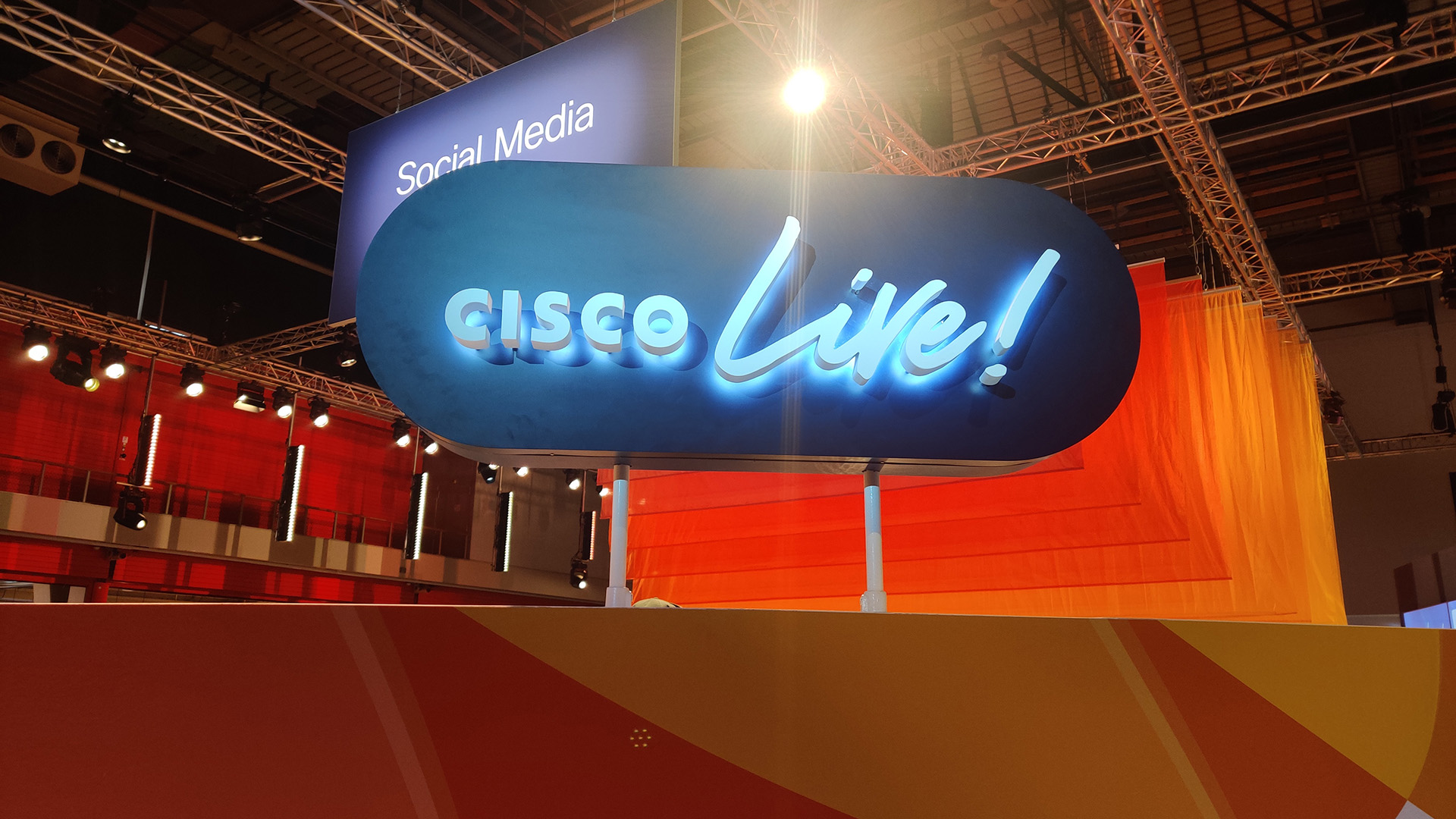 Cisco Live EMEA 2025: All the news and updates as they happen
Cisco Live EMEA 2025: All the news and updates as they happenLive Blog Stay up to date with the latest information live from Amsterdam at Cisco’s annual EMEA conference
By Solomon Klappholz
-
 How embracing flash storage helped Mississippi’s tax authority boost critical apps
How embracing flash storage helped Mississippi’s tax authority boost critical appsCase study By ditching legacy systems and switching to flash storage, Mississippi’s Department of Revenue improved its backup strategy and cut restore times by more than a day
By Steve Ranger
-
 The US just expanded funding for 5G Open RAN in a bid to help telecoms firms crack Huawei dominance
The US just expanded funding for 5G Open RAN in a bid to help telecoms firms crack Huawei dominanceNews The funding for 5G Open RAN aims to help US companies get a bigger slice of the network infrastructure market – and challenge Huawei’s dominance
By Steve Ranger
-
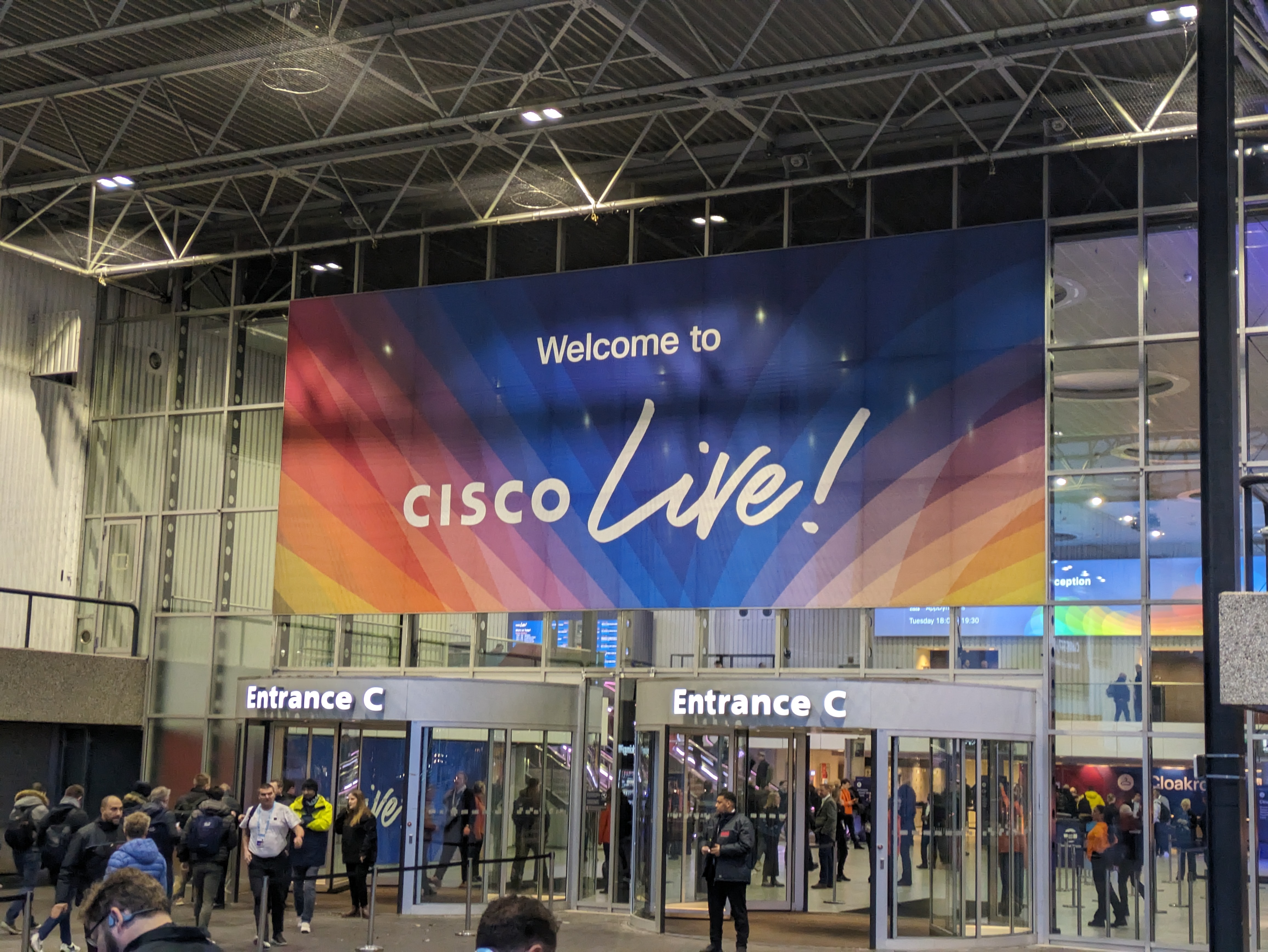 Cisco wants customers to ramp up AI adoption, so it’s partnering with Nvidia to bridge infrastructure hurdles
Cisco wants customers to ramp up AI adoption, so it’s partnering with Nvidia to bridge infrastructure hurdlesNews Cisco has announced a new partnership with Nvidia to offer enterprises integrated, secure, and scalable data center solutions in a bid to drive AI adoption
By Solomon Klappholz
-
 Cisco Live 2024: All the updates and announcements as they happen
Cisco Live 2024: All the updates and announcements as they happenLive Blog Stay up-to-date with the latest news and announcements from Cisco Live 2024 in Amsterdam
By Solomon Klappholz